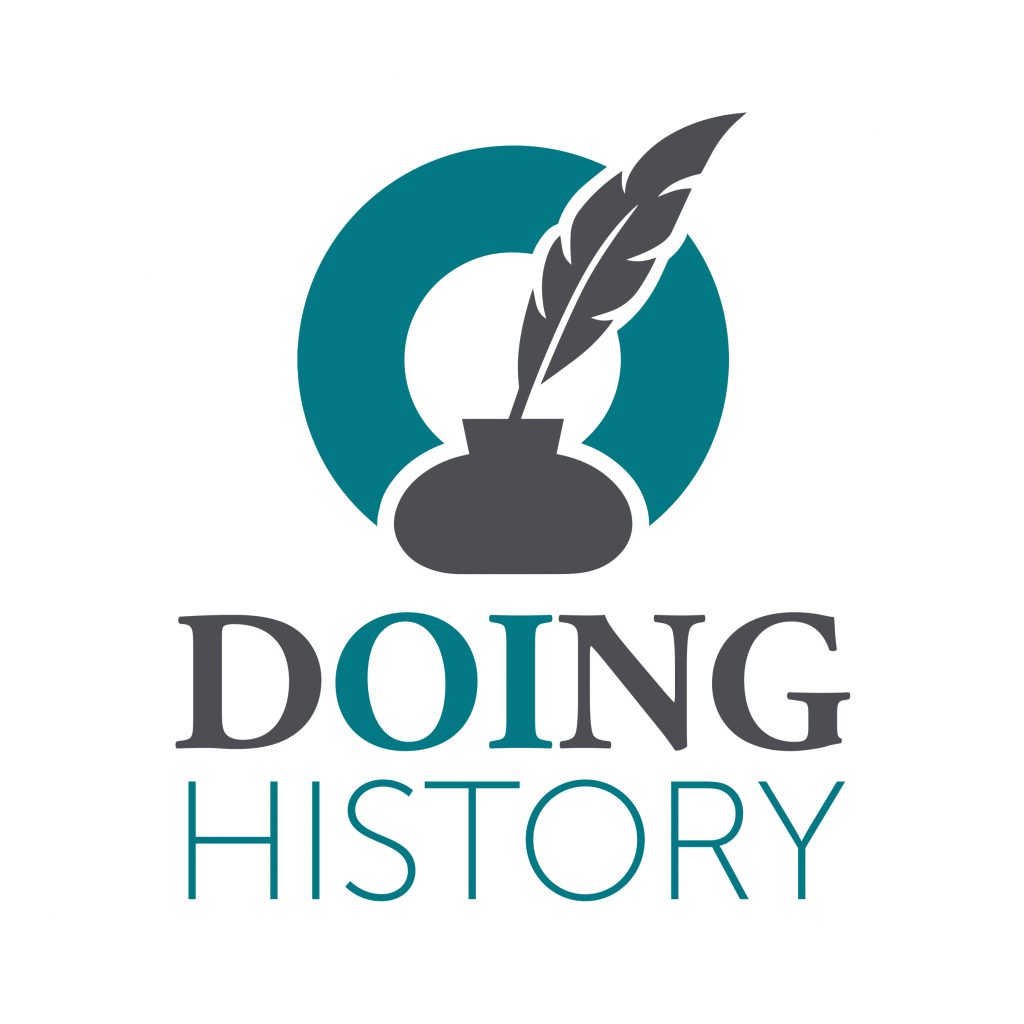In last week’s blog, we emphasized the importance of depth over breadth. In recognizing the fact that we can never “cover it all,” teaching the depth of history over covering as much content as we can actually gives freedom to teachers. Not stressed about how much they need to cover, teachers can dive deep into particular historical subjects with their students in an effort to equip students to think historically. This brings us to today’s blog topic: Knowing History vs. Doing History.

First off, as we wrote about in our first ever blog, history is not merely “the past,” but the study of the past. With this in mind, “knowing history” does not simply mean knowing a lot about the past. Still, for the sake of today’s blog, that’s exactly how I want us to see it. Often, when people hear others spout off knowledge about the past, they respond with, “You know a lot of history!” This misrepresentation of history exists everywhere, from classrooms to movies. The fact is, while historians do in fact know a lot of history, this is not what makes them a historian. We must differentiate between the history enthusiast (those who love to collect tidbits about the past in a knowledge closet) and a historian. Historians do not merely know history, they do history.
This idea, of “doing history,” is at the heart of our curriculum at Thinking Nation. We don’t simply want students to passively receive historical facts (or a particular historical narrative) from their teachers. We want students to actively engage with the past, interrogating it in order to make meaning of the world that came before them. This is historical thinking. This is doing history.
Knowing history can puff up people as walking encyclopedias, quick to tout their knowledge superiority, but this does not produce the empathy and humility that results from being able to think historically. When we can “do history,” we can wrestle with competing accounts and narratives, we can investigate past stories, and we can learn to understand those that are foreign to us (even if not foreign in space, historical actors are foreign in time). This is not only more fulfilling than knowledge acquisition (we aren’t giving students fish, we are teaching them to fish), it is a humbling endeavor.
Furthermore, doing history not only makes us better historians, it also strengthens our critical thinking skills for all subjects. When students are equipped to think historically (to do history), they are better prepared to investigate robust math equations, analyze complex literature, and solve present scientific issues. The ability to merely cite various historical events does not have such interdisciplinary applications.
This is why we must prioritize depth over breadth. We must prioritize doing history over knowing history. When we do this, we empower students to actively engage with the past, and in turn, cultivate thinking citizens.